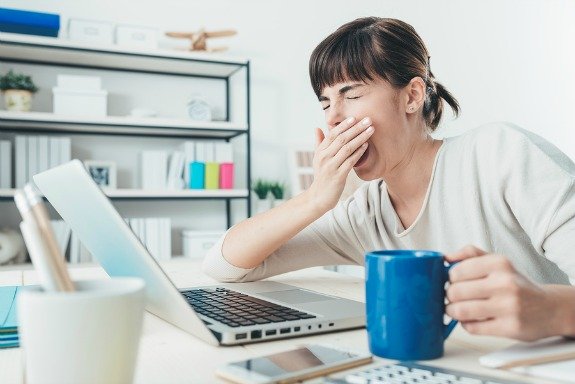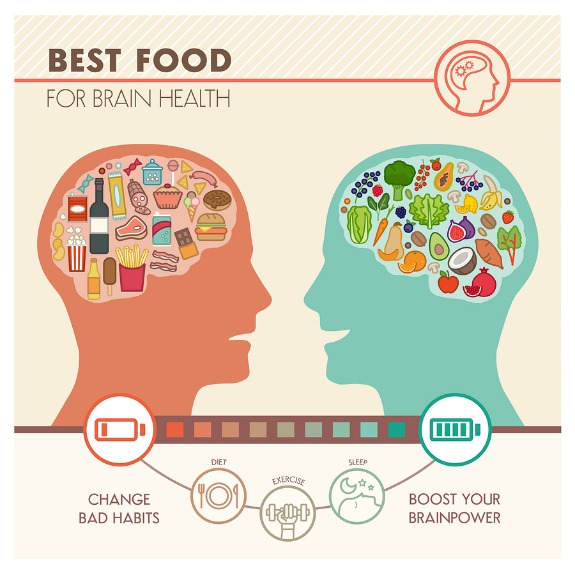Welcome to HWLH News Letter
February 2017 - Issue # 039 - Sleep and Weight Loss
Hi Everybody and Welcome Back
If you think sleep and weight loss are not connected you’re in for a surprise. Your sleeping patterns can have a huge impact on your weight loss journey.
I’m pretty sure that most of us had times in our lives when we just don’t get enough sleep. There can be lots of reasons why we can be sleep deprived.

Perhaps we have to work lots of overtime, or suffer with muscle, back or neck pain at night.
Also, being overwhelmed with problems can create high levels of stress that can take over our thoughts which may prevent us from falling asleep.
Or, perhaps you have a beautiful newborn baby that has joined the family, but has temporarily upset the family’s sleeping patterns.
Whatever the reasons, being sleep deprived can lead to weight gain.
Ways that sleep and weight loss are connected:
If you start your day exhausted you need help to increase your energy levels to get through the day.
Stimulants such as caffeine and sugar are probably the worlds two most popular choices that can give your body a jolt of energy.
It’s definitely a great way to get an energy boost no matter how short lived, but both of these can lead to weight gain.
Sugar is just added calories that offers no nutrition and drinking lots of coffee will overload the liver and may disrupt sleeping patterns.
Either way the body will hold onto calories rather than burn them.
We also know that poor liver function is directly connected to weight gain. So the cleaner we eat and drink the more calories we will burn.
Being tired all day can also lead to eating more take out foods. It’s a lot easier to pick something up for lunch, dinner or both if you are too tired to make a homemade meal.
We know
homemade meals are usually a lot healthier, but it takes time and energy to actually make that meal.
Lack of sleep has shown to slow down metabolism. It’s kind of like you’re in slow motion.
A person will definitely burn less calories when less active.
Being too tired to exercise can also hinder weight loss success.

Tough day?
It’s a proven fact that the human brain cannot handle daily activities as well when you are sleep deprived.
That can lead to a challenging day where every task becomes a burden. When this happens some people are so frazzled by the time they come home, they need time to unwind.
So how do many people unwind?
Well, some like to sit in front of the TV and enjoy a few alcoholic beverages, others prefer to enjoy comfort foods (many comfort foods are high in calories and low in nutrition) or perhaps it may be a combination of both.
Unfortunately, both of these “unwinding methods” don’t help with either being sleep deprived or weight loss.
Hormones that play a part in sleep and weight loss:
There is so much information on the two hormones called “ghrelin” and “leptin” that we are going to keep this as simple and to the point as possible.
The Ghrelin Hormone:
Is also known as the “hunger hormone” and is produced in the gastrointestinal tract. This hormone helps regulate are appetites.
When the stomach is empty that is when we produce ghrelin to tell us that we are hungry and we should eat.
When we are sleep deprived our bodies produce more ghrelin hormone and less leptin, making us want to eat more.
The Leptin Hormone: Is a hormone that helps regulate your energy by reducing hunger. Leptin and ghrelin are therefore opposing in action, as one increases hunger, the other decreases it.
When we are overweight, we are less sensitive to leptin, which means our hunger will not be reduced as often as it could.
When we are
sleeping, our leptin levels increase. But when we are sleep deprived our bodies produce much less leptin, leaving us vulnerable to feel hungry.
According to most studies the average person needs somewhere between 7 to 9 hours of quality sleep every night.
How to improve our sleep and weight loss success:
Don’t eat before bedtime or you might end up looking like this chubby little fellow below. If possible, try not to eat anything after supper at all.

Also, avoiding any caffeine or sugary drinks late at night can be helpful.
The amount of liquid we drink closer to bedtime should be reduced, this will help prevent bathroom visits during the night.
Another great tip is to avoid lying down after a meal. Whether it’s the middle of the day or bedtime, lying down after a meal is a bad idea. This is a great way to develop acid reflux or heartburn.
If you have problems sleeping, but like to take afternoon cat naps, try avoiding the cat naps. You will be much more tired when bedtime comes.
Avoid exercise before bedtime. It gets the adrenaline going and increases energy levels. We know exercising is very important, just don’t exercise before bedtime.
Taking a hot bath or shower before bed is a great help in promoting a good night's sleep.
Try to avoid sleeping pills as the body just builds up a tolerance to them on the long run.
So if you feel your sleeping patterns need improvement try some of these tips or share with us some of your suggestions.
Your Opinion Counts:
If you have an opinion or would like to share a story with us we would love to hear from you.
Use our
Contact Us
page - or our
Weight Loss News
page (Your Story Counts).
We would love to hear from you.
Wishing you health and happiness
Until next time
Catherine :)
|



